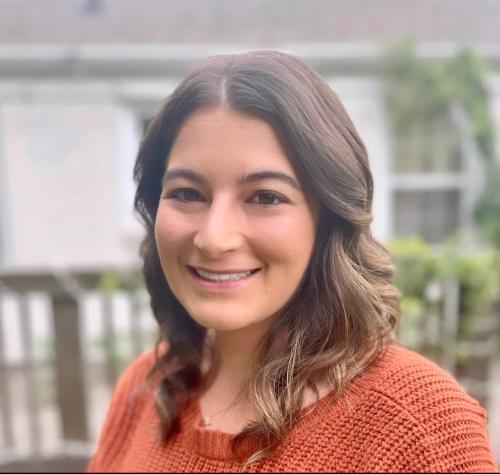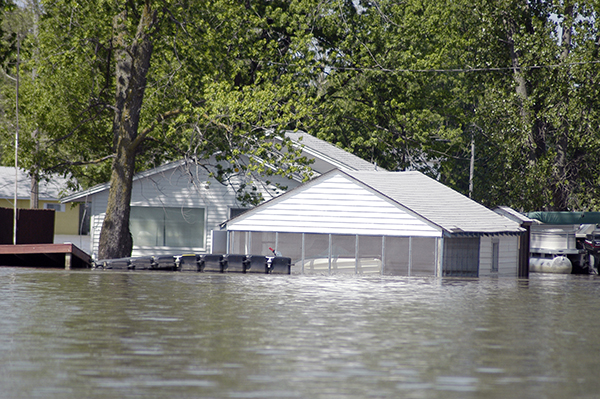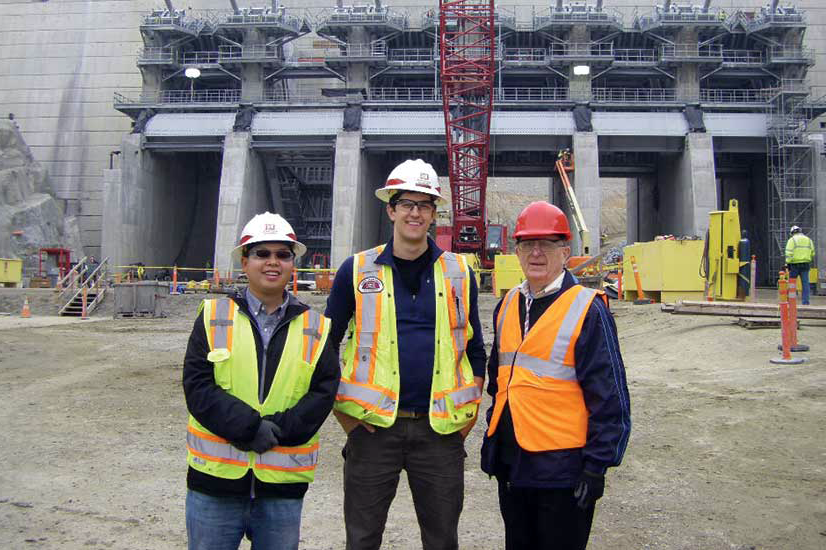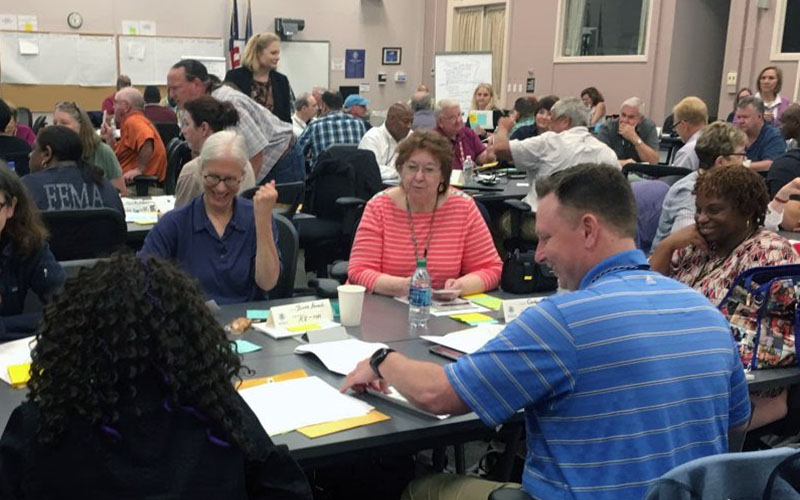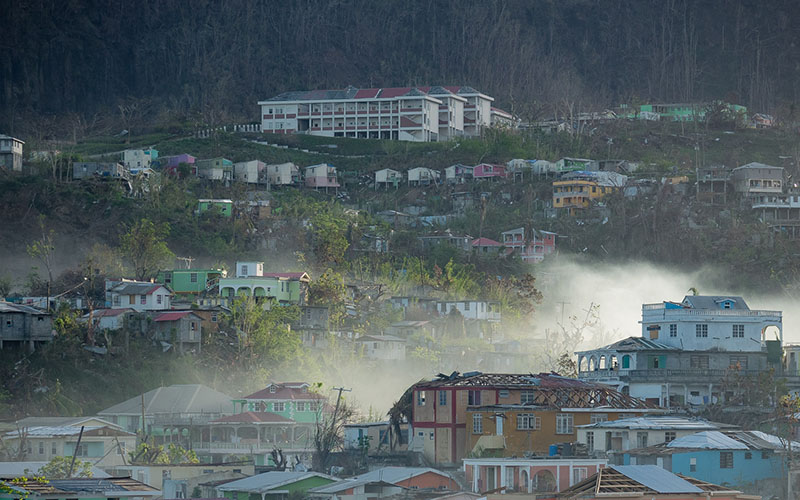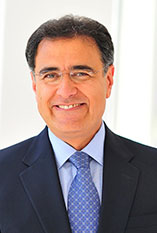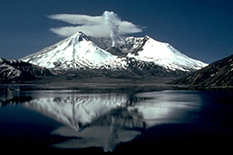News Story
Niemeier Named Center for Disaster Resilience Director
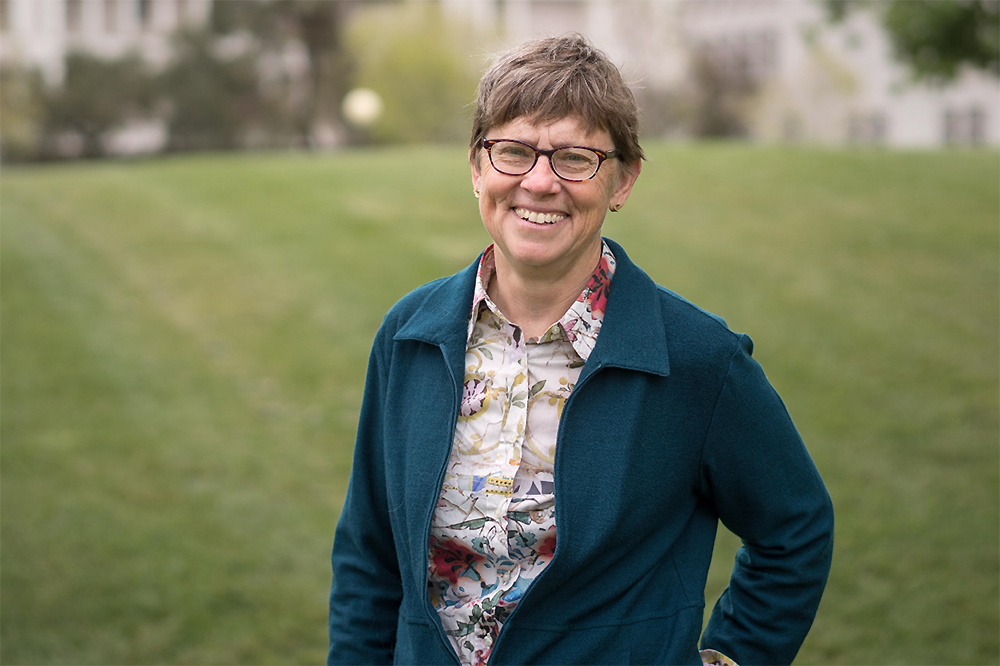
A National Academy of Engineering (NAE) member, Niemeier was named to the first in a series of distinguished chairs endowed by the Clark Foundation as part of a $219.5 million gift to UMD–the largest in the school's history and one of the largest investments in the history of American public higher education.
Deb Niemeier, Clark Distinguished Chair at the University of Maryland (UMD), has been named director of the Center for Disaster Resilience (CDR), a research hub with a focus on better understanding and addressing the risks posed by natural hazards, including extreme weather. This appointment brings together her deep interest in equity and social justice and better understanding the effects of climate change in the built environment.
Based in the UMD civil and environmental engineering department, which is part of UMD’s A. James Clark School of Engineering, CDR assists communities, governments, and individuals in overhauling their approach to disaster management. With hurricanes and other severe weather events increasing in frequency, achieving greater resilience has become a critical priority.
“From fires to sea level rise to increased intensity and frequency of weather events, every city in the world is going to have to adjust,” she said. “These adjustments are not just about how we build infrastructure. The issues will include approaches to resilience, disaster management, equity, how to manage local finance, and learning when and how to shore up infrastructure, and when to leave. Researchers at UMD, and especially in civil and environmental engineering, have the skills and expertise to advance scholarship and practice in these areas. The Center can help with generating this new knowledge and moving information to local governments where it can help.”
“I want to expand the reach of the CDR, bringing in voices of the community, more interdisciplinary perspectives and developing cross-cutting research themes,” Niemeier said.
“From fires to sea level rise to increased intensity and frequency of weather events, every city in the world is going to have to adjust. These adjustments are not just about how we build infrastructure. The issues will include approaches to resilience, disaster management, equity, how to manage local finance, and learning when and how to shore up infrastructure, and when to leave."
Professor Deb Niemeier, Clark Distinguished Chair and Director of the Center for Disaster Resilience.
A National Academy of Engineering (NAE) member, Niemeier joined the UMD civil and environmental engineering faculty in 2019. She was named to the first in a series of distinguished chairs endowed by the Clark Foundation as part of a $219.5 million gift to UMD–the largest in the school's history and one of the largest investments in the history of American public higher education.
Her work has helped spur policy and regulatory changes through groundbreaking research in the areas of vehicle emissions, air quality, affordable housing, and infrastructure funding. More recently, she has focused on aspects of the built environment that give rise to structural inequality, particularly within the context of climate change. She recently received the 2022 Perry McCarty AEESP Founders’ Award for her exceptional and tireless leadership in research, education, and service.
CDR brings together an interdisciplinary group of faculty affiliates whose combined expertise provides an important resource for risk analysis, policymaking, and environmental protection efforts. CDR experts have testified before the U.S. Congress on resilience-related issues and are consulted regularly by policy analysts, lawmakers and regulators, and agencies at the local, state, and federal levels. Affiliates of the center include faculty from the civil and environmental engineering, mechanical engineering, and fire protection engineering, as well as from the School of Architecture, Planning and Preservation and other schools, departments, and centers at UMD.
For more information, contact rherschb@umd.edu.
Published June 28, 2022
